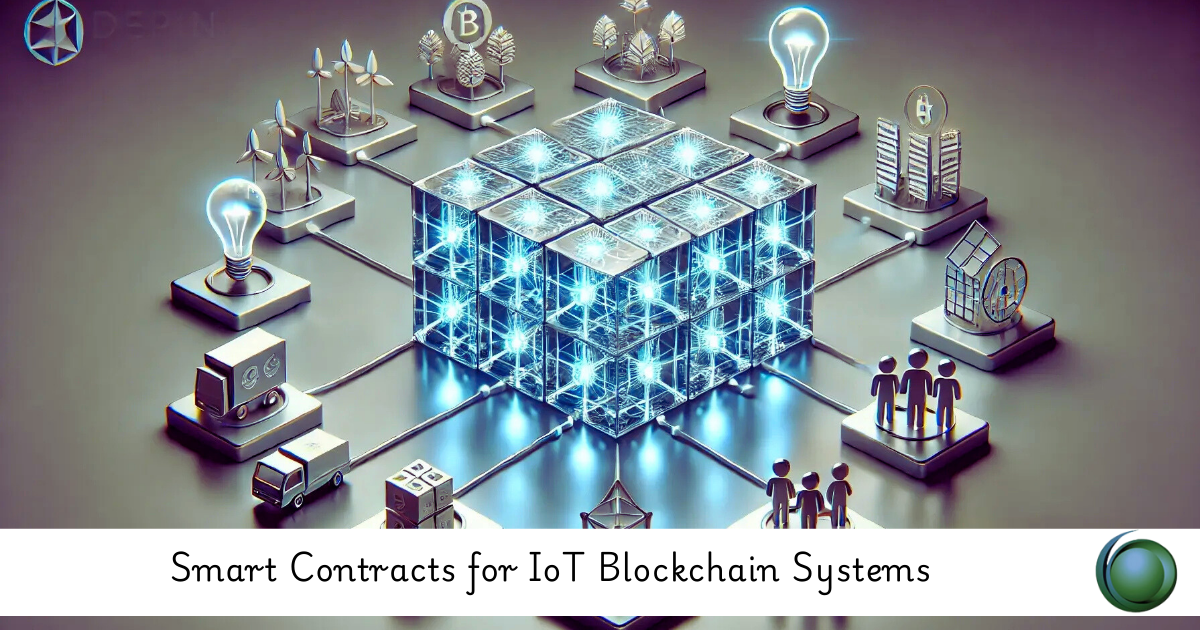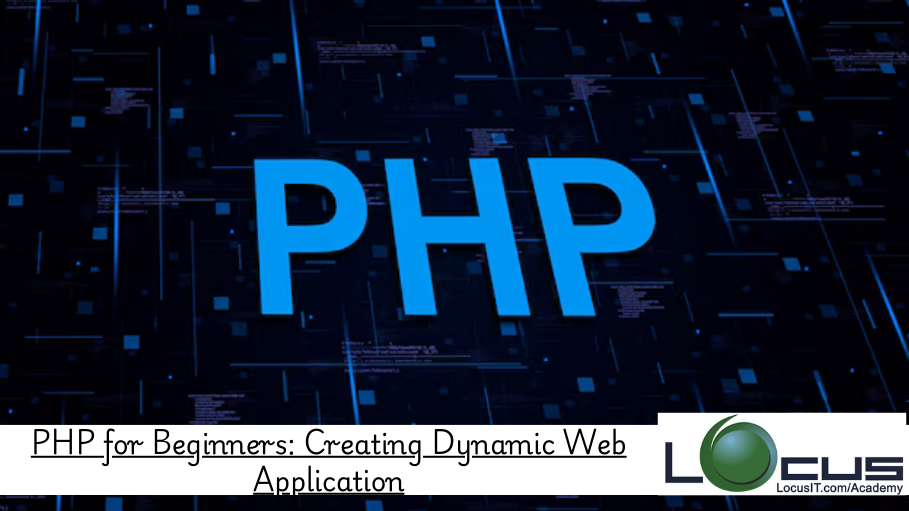Description
Introduction
Smart Contracts for IoT Blockchain integration of blockchain technology with the Internet of Things (IoT) introduces new possibilities for automation, security, and efficiency in device interactions. One of the key features that enables this transformation is the use of smart contracts. Smart contracts are self-executing contracts with the terms of the agreement directly written into code. This allow for secure, transparent, and automated transactions between IoT devices, eliminating the need for intermediaries and reducing the potential for human error.
Prerequisites
- Basic understanding of blockchain technology, including concepts like distributed ledgers and consensus mechanisms.
- Familiarity with IoT devices, sensors, and communication protocols.
- Experience with blockchain platforms like Ethereum, Hyperledger, or other smart contract-enabled blockchains.
- Knowledge of programming languages such as Solidity (for Ethereum-based smart contracts).
- Basic understanding of network security, cryptography, and decentralized applications (dApps).
Table of Contents
- Introduction
1.1 What Are Smart Contracts?
1.2 How Blockchain Supports Smart Contracts
1.3 Benefits of Smart Contracts in IoT Networks
1.4 The Role of Smart Contracts in IoT Automation - Smart Contract Architecture for IoT
2.1 How Smart Contracts Work in IoT Systems
2.2 Components of Smart Contracts in IoT
2.3 Interaction Between IoT Devices and Smart Contracts
2.4 Platforms Supporting - Designing Smart Contracts for IoT Applications
3.1 Defining Business Logic for IoT Use Cases
3.2 Designing Smart Contracts for Device-to-Device Communication
3.3 Automating IoT Data Transactions Using Smart Contracts
3.4 Setting up Rules for Triggering Smart Contract Execution - Security
4.1 Ensuring Security with Smart Contracts in IoT
4.2 Preventing Data Tampering and Fraud with Blockchain
4.3 Handling Privacy Concerns in IoT Networks with Smart Contracts
4.4 Protecting IoT Devices from Cyber Attacks through Smart Contracts - Use Cases of Smart Contracts in IoT
5.1 Automated Billing and Payment Systems for IoT Devices
5.2 Supply Chain Management and IoT Integration with Smart Contracts
5.3 Smart Homes: Automating Home Devices and Utilities
5.4 IoT in Healthcare: Securing Medical Devices and Patient Data - Writing Smart Contracts for IoT Blockchain
6.1 Introduction to Solidity for Smart Contracts on Ethereum
6.2 Coding a Basic Smart Contract for IoT Device Interaction
6.3 Deploying and Testing on Networks(Ref: Decentralized IoT Networks: Leveraging Blockchain Technology)
6.4 Best Practices for Writing Secure Smart Contracts for IoT - Challenges in Implementing Smart Contracts for IoT
7.1 Scalability Issues in IoT Blockchain Networks
7.2 Ensuring Interoperability Between IoT Devices and Smart Contracts
7.3 Handling IoT Data Latency and Real-time Processing
7.4 Managing Transaction Fees and Blockchain Costs - Smart Contract Execution Models for IoT
8.1 Off-Chain vs. On-Chain Smart Contract Execution
8.2 Hybrid Models for IoT Blockchain Transactions
8.3 Oracles and External Data Feeds in Smart Contract Execution
8.4 Optimizing Smart Contract Execution for IoT Networks - Decentralized Autonomous IoT Networks with Smart Contracts
9.1 What Are Decentralized Autonomous IoT Networks (DAIN)?
9.2 How Smart Contracts Enable Autonomous IoT Networks
9.3 Real-World Applications of Decentralized Autonomous IoT
9.4 Benefits and Risks of Fully Autonomous IoT Systems - Future
10.1 Trends in Blockchain and IoT Integration
10.2 The Role of AI and Machine Learning in Smart Contract Execution
10.3 Quantum Computing and Its Impact on Smart Contracts for IoT
10.4 The Future of Smart Contracts in IoT-Driven Industries - Conclusion
11.1 Recap of Key Learnings
11.2 How Smart Contracts are Shaping the Future of IoT
11.3 Final Thoughts and Next Steps for Implementing Smart Contracts in IoT
Conclusion
Smart contracts offer immense potential in enhancing the functionality of IoT networks by automating transactions, securing device interactions, and providing transparent, tamper-proof systems. The decentralized nature of blockchain combined with the flexibility of smart contracts enables IoT devices to function autonomously, securely, and efficiently. Whether it’s automating payments in smart homes or ensuring data integrity in healthcare IoT systems, smart contracts are pivotal in driving the evolution of IoT networks. With the ongoing advancements in blockchain platforms and smart contract capabilities, we are poised to see a transformative shift in how IoT systems operate and interact in the future.







Reviews
There are no reviews yet.